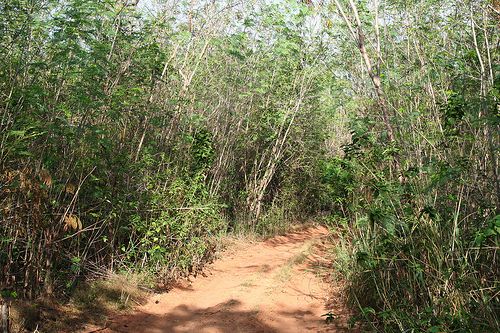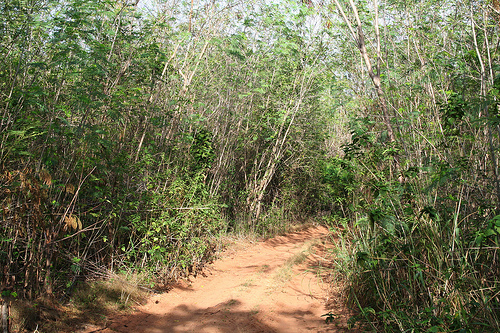Biomass combustion’s green credentials in question
New research looks to dispel the myth that biomass combustion is a carbon neutral process and calls for the complexity of biomass to be included in the Life Cycle Assessment of the energy, and other environmental impact studies.

 CO2 from biomass combustion should be considered by emission inventories, according to new research.
CO2 from biomass combustion should be considered by emission inventories, according to new research.
The research highlights the need for the complex biomass system to be acknowledged in order to fully understand and quantify its climate impact.
Emissions from biomass combustion for bioenergy have previously been excluded from emission inventories and environmental impact studies, because bioenergy was considered carbon and climate neutral.
This is due carbon emissions from biomass combustion being sequestered by growing further biomass crops. The research authors are concerned, however, that biomass’s climate impact has not been considered.
They believe that factors influencing biomass combustion have been overlooked. For example biomass management strategies and the local conditions can both effect the CO2 emissions produced through the process.
The research states: “A forest may take up to 100 years to re-grow, and the system can be defined carbon neutral only at the end of proper time boundaries.”
Biomass Combustion will take place at one point in time, but the sequestration of carbon will depend on the crop, and will take place over 100 years.
Dr Francesco Cherubini, report co-author and Postdoctoral Fellow at the Norwegian University of Science and Technology said: “This work reduces the inaccuracy for quantifying the impact of CO2, and is a first step towards the development of an accurate and standardised procedure for quantifying the effective climate impact of CO2 emissions from biomass combustion.”
Cherubini and co-authors believe that the global warming potential of CO2 emissions depend on the interaction with the full carbon cycle and its various stores including oceans and plants and crops.
The research proposes that biomass should no longer be excluded from Life Cycle Assessment (LCA) studies – a technique assessing the climate impact from the cradle to the grave – or to be assumed to have the same potential as man-made emissions.
Although biomass is plentiful and commercially proven as renewable energy, its carbon neutrality has been the subject of hot debate for some time.
Many people have debated the neutrality of biomass down to several factors including its cultivation, harvesting, processing and transportation of biomass material all the way through to its combustion.
The authors of this new research want to address the long-recognised debate and have biomass combustion included in Life Cycle Assessment.
A step towards recognising the impact of bioenergy would be to predict how atmospheric CO2 emissions from biomass emissions gradually decay in the atmosphere. This could run alongside an index that could estimate the contribution of those emissions to global warming.
The authors hope this will act as a first step in having biomass combustion included in the LCA, and also in national greenhouse gas accounting mechanisms.
The researchers hope to reverse the Organization for Economic Cooperation and Development (OECD) Convention which in 1991 stated that “CO2 emissions resulting from bioenergy consumption should not be included in a country’s official emission inventory.”
Image: Shehal Joseph | flickr




